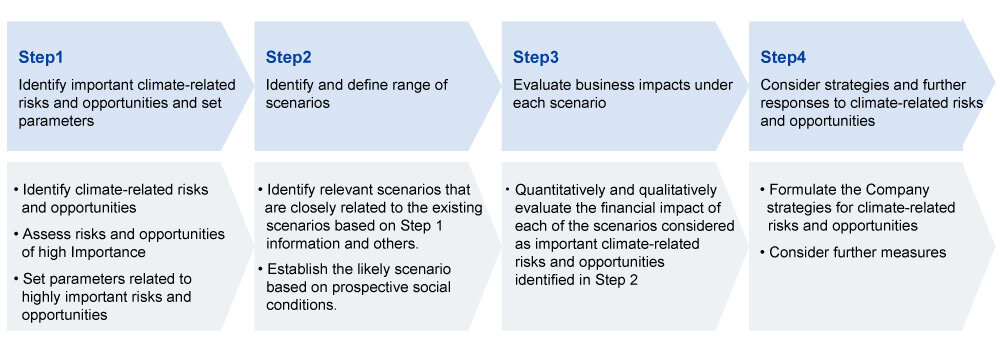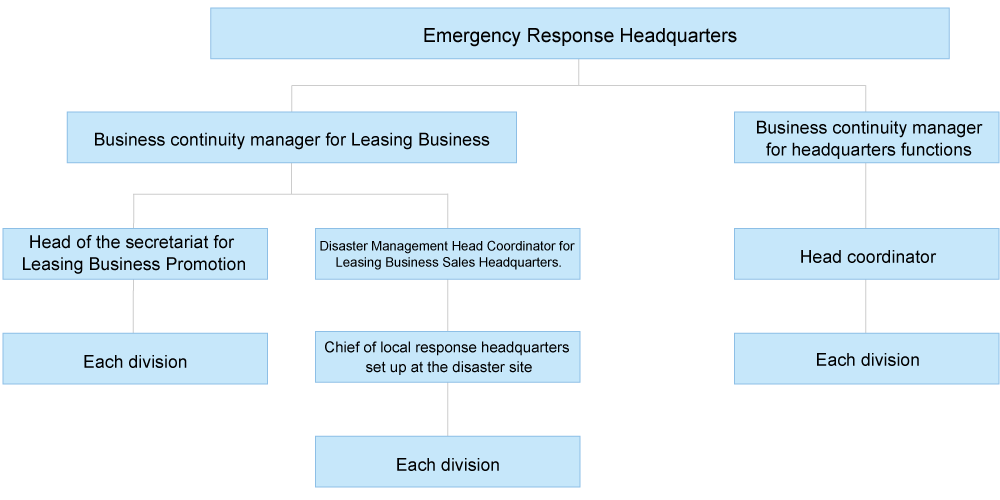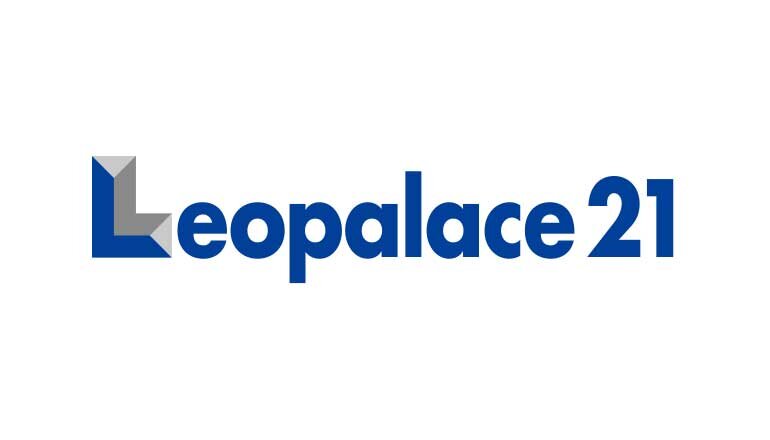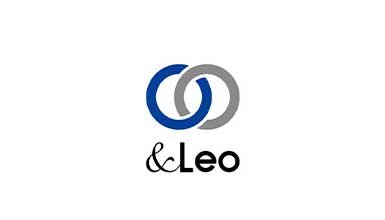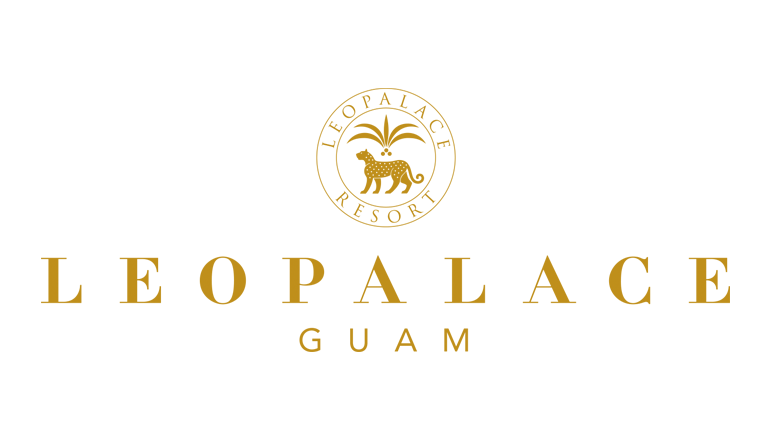Response to Climate Change
Governance
The Leopalace21 Group has established a Sustainability Committee under the Board of Directors, which meets every three months to promote initiatives related to sustainability management that the Board of Directors instructs the whole company as part of its business. The Board of Directors oversees this issue by reviewing and consulting on climate-related issues, which it has positioned as a key sustainability management issue. In the fiscal year ended March 31, 2022, the Board approved the setting of targets to reduce CO2 emissions, among others. The Sustainability Committee, chaired by the Director in charge of sustainability and composed of sustainability representatives from each department, deliberates and examines measures to promote Environmental Initiatives, one of the Company's materiality issues.
Promotion Structure
Roles and responsibilities in the promotion structure
- Board of Directors
The Board of Directors determines basic management strategies and plans, and decides on measures on climate change-related issues based on deliberations by the Sustainability Committee and the Risk Management Committee, and receives reports on the relevant matters. It supervises the activities of these Committees. - Director in charge of sustainability
Leads discussions and plays a central role in advising the Sustainability Committee when the Board of Directors decides on environment-related policies, including climate-related issues. - Sustainability Committee
The status of sustainability promotion shall be shared throughout the Leopalace21 Group through reports on the status of activities related to each materiality in the areas of environment, social, and governance, which are being undertaken by the Committee members representing relevant departments and each group company as part of their business activities. In addition, the Committee shall set numerical targets for environmental activities, including climate change, and manage the status of their achievement, report on important matters to the Board of Directors, and report to the Board of Directors on the risks posed by climate change in cooperation with the Risk Management Committee.
Strategy-1
In addition to evaluating financial and business impacts under different scenarios (see table below), the Company conducted scenario analysis according to the following steps in order to examine the resilience of its strategy and response to climate change risks and opportunities, and to link the results to its future business strategies.
The scope of the scenario analysis covers the leasing business segment (apartment construction, leasing, and management), as the leasing business accounts for more than 90% of the Company's sales. In addition, since the Company has identified and announced its materiality by 2030 in accordance with the SDGs, the time horizon of the scenario analysis was also conducted assuming the year 2030.
Reference scenario
| Scenario | Outline of scenario | Major reference scenario |
|---|---|---|
| 1.5℃ to 2℃ | A scenario in which policies and regulations aimed at achieving a decarbonized society are implemented, limiting the global temperature increase compared to before the industrial revolution to between 1.5°C and 2°C. While the transition risk is high, physical risks are reduced compared to the 4°C scenario. | -IEA World Energy Outlook 2021 Net Zero Emissions by 2050 Scenario -IPCC RCP2.6, SSP1-1.9 |
| 4℃ | No new policies or regulations will be introduced and global CO2 emissions will continue to increase. Transition risk is low, but physical risk is high. | -IEA World Energy Outlook 2021 Stated Policies Scenario -IPCC RCP8.5, SSP5-8.5 |
* Created based on our own scenario analysis while referencing IEA World Energy Outlook 2021 and the IPCC Fifth and Sixth Assessment Reports.

